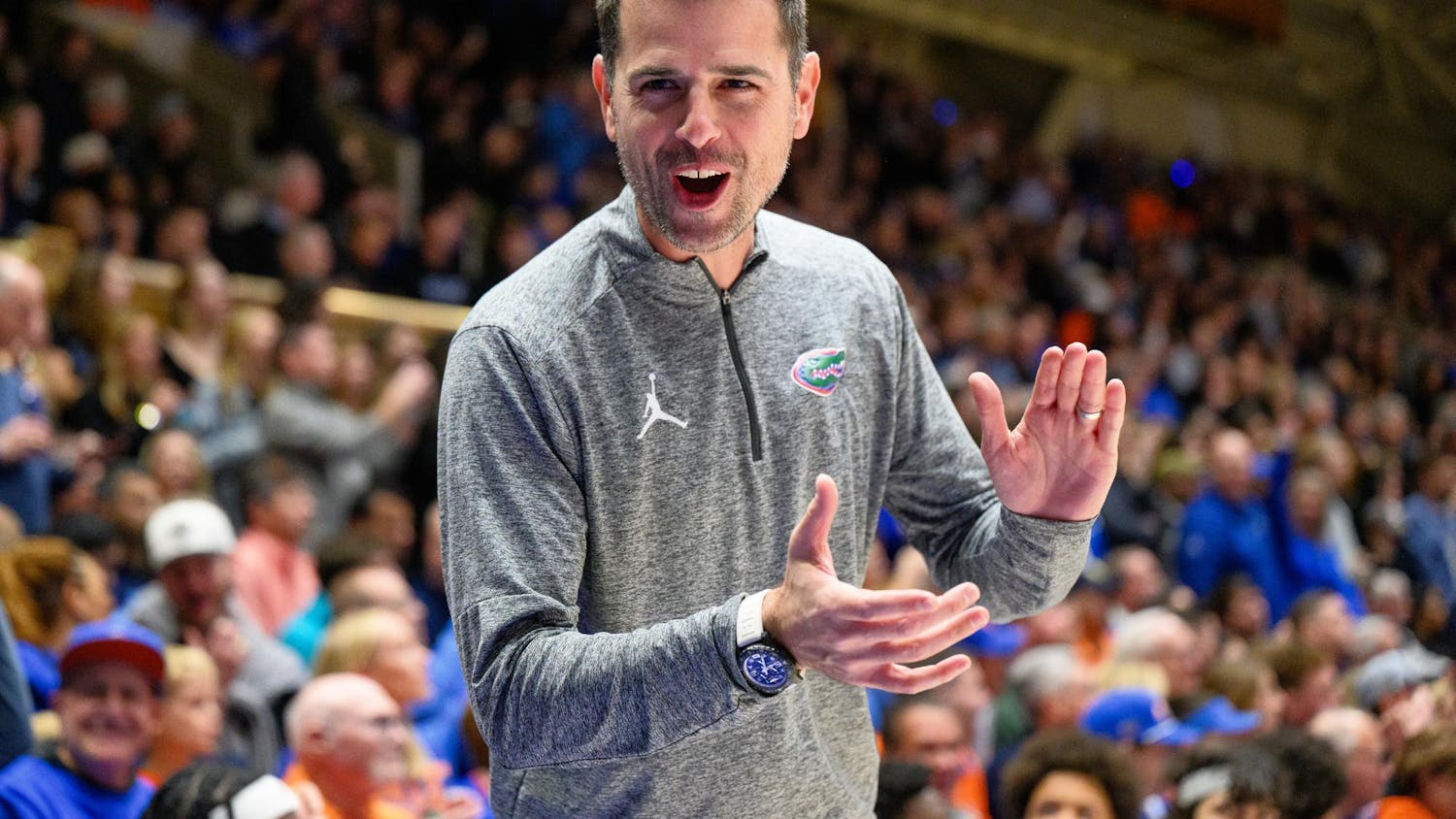It’s been more than two months since students went missing in the Guerrero state town of Iguala, Mexico. The young men had confrontations with the police while protesting unfair employment practices for teachers who discriminated against rural applicants and favored urban ones. The police killed three students and three bystanders in their altercation with the protesters. The allegation is that the police then captured 43 of the young men and handed them over to Los Guerreros Unidos, a drug gang, for execution.
This past weekend, the remains of Alexander Mora were identified among char. This terrifying discovery corroborates the accusation that once passed to Los Guerreros Unidos, the young men were killed, their bodies were burned and their ashes were scattered in a river.
This news comes at the same time as announcements that the police officers who killed unarmed Michael Brown and unarmed Eric Garner would not be indicted and made to stand trial for their murders.
Only a small portion of my social media network has addressed the ongoing situation happening in Mexico. And this topic has not once made its way into my conversations with friends at UF. This lack of outcry does not imply a lack of caring because I know a lot of people who care tremendously about the corruption of the Mexican government and justice for the lost protesters. What it does suggest, though, is that we should work toward showing we care.
The history of colonization and imperialism has greatly affected the power dynamics of all things related to the police-related killings in the U.S. and protests that result from those killings make global headlines, while smaller fonts are reserved for stories about Mexicans marching with signs that read "Justice" and "Peña Out." This makes their struggle for justice nearly invisible.
When we talk about injustice, U.S. current events commandeer the dialogue and other current events are oftentimes never brought up. The 43 lost in Mexico can seem like just a Mexican problem, whereas the systematic racial killing of people of color in the U.S. is painted as a problem the entire world should pay attention to. Take note of how many protests happened abroad following the shooting of Brown and my point is made: London, Palestine and Tibet, just to name a few, are places where protests were staged.
The truth is that the lost 43 are not just a Mexican problem. The story is part of a larger issue the world is seeing right now that involves police brutality, corruption and discrimination. When placed in that perspective, I hope it becomes apparent why we should all be invested in this story and others like it.
As U.S. citizens and residents, we should be actively keeping an eye on other justice and civil rights movements that happen outside of our own borders. We cannot fall silent on others’ struggles for justice because their stories do not flood our headlines and news feeds. We are capable of being interested in multiple things. I can care about the treatment of people of color in the U.S. and also care about what President Peña Nieto of Mexico is doing to bring closure and justice to the families of the lost 43.
The golden rule reads, "Do unto others as you would have them do unto you." In the months following the killing of Brown — which sparked innumerable protests and a heated dialogue about how the police interact with black and brown bodies of the U.S. — I have felt great support from international strangers who have chosen to stand in solidarity with those of us publicly decrying police brutality and institutionalized racism.
I want to express the same sentiment and stand in solidarity with all world citizens also fighting for justice, equality and their rights.
TehQuin Forbes is a UF sociology junior. His columns appear on Mondays.
[The views expressed here are not necessarily those of the Alligator.]
[A version of this story ran on page 7 on 12/7/2014]





